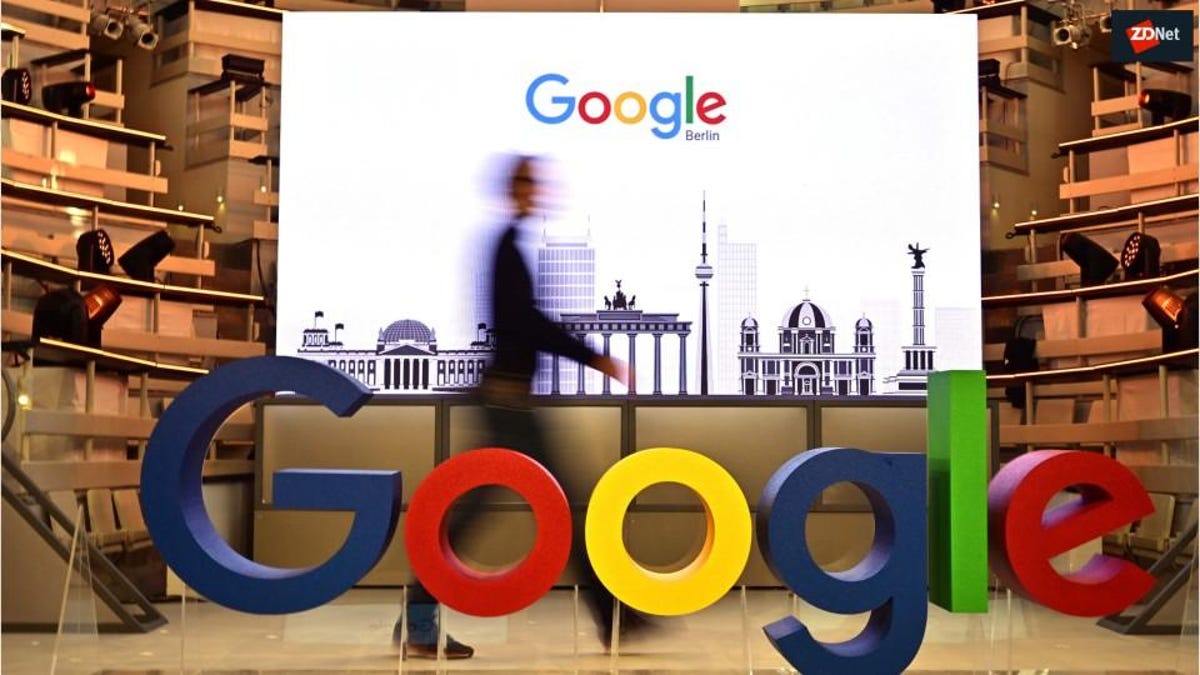Hey there, friends from the Bay Area! Today, I want to deep-dive into something pretty exciting that should interest our fellow healthcare and cybersecurity folks.
Have you heard about Google’s second TAG Bulletin? If not, let me backtrack a bit: This bulletin reports coordinated influence operation campaigns discovered on Google-owned platforms. It’s fresh from the Google oven, and we’re cooking up a detailed conversation about it; trust me, it gets pretty interesting!
So who puts these bulletins together? Let’s give a big nod to the guys at Google’s Threat Analysis Group (TAG). They’re kind of like the superhero division in the security department, devoted to tracking top-shelf cybercrime groups and nation-state activity. They gather information from their investigations, then mingle in some tips and reports from other folks— third parties who know about such stuff.
This recent bulletin breaks down some shady dealings that went down from April to June 2020. Google apparently managed to shut down quite a few of these influence campaigns. And guess where they were operating from? Russia, China, Iran, and Tunisia – these ops seem to get around!
Let’s walk through what happened, month by month:
In April, they unearthed multiple campaigns. One, orchestrated by Iran, involved YouTube channels and accounts pushing content about the US’s response to COVID-19 and our relationship with Iran. They also discovered two Russian operations. One posted mostly in English and Russian about the EU, Lithuania, Ukraine, and the US while the other got busy uploading content on Russian and Syrian politics and the U.S.’ reaction to COVID-19. Lastly, a campaign linked to China played it sly; it posted mostly spammy content, but a fraction of the posts critiqued the U.S.’ response to the pandemic.
May, much like April, was action-packed too. First up, a huge network of YouTube channels linked to China got flagged. Then, a Russian operation that seemed to work in sync, focused on content about domestic Russian and international policy issues.
By June, it was more of the same, but with a new player entering the arena. Another massive number of YouTube channels related to China got flagged, along with a Russian operation that posted coordinated Russian comments under videos. And then there was the big finish – a Tunisian PR company using Google Play and an advertising account to post news content aimed at Africa.
Well, there you go! A little peek into the cybersecurity world showing us the constant online tussle between the disruptors and the guardians. Thanks, Google, for keeping an eye out for us. You know we need it in a world where digital safety is paramount, especially for those of us in healthcare and cybersecurity!
Remember, friends, stay cyber safe and carry on your internet adventures with care. And as always, stay tuned for more insightful digests from our corner of the Bay Area!
by Morgan Phisher | HEAL Security




